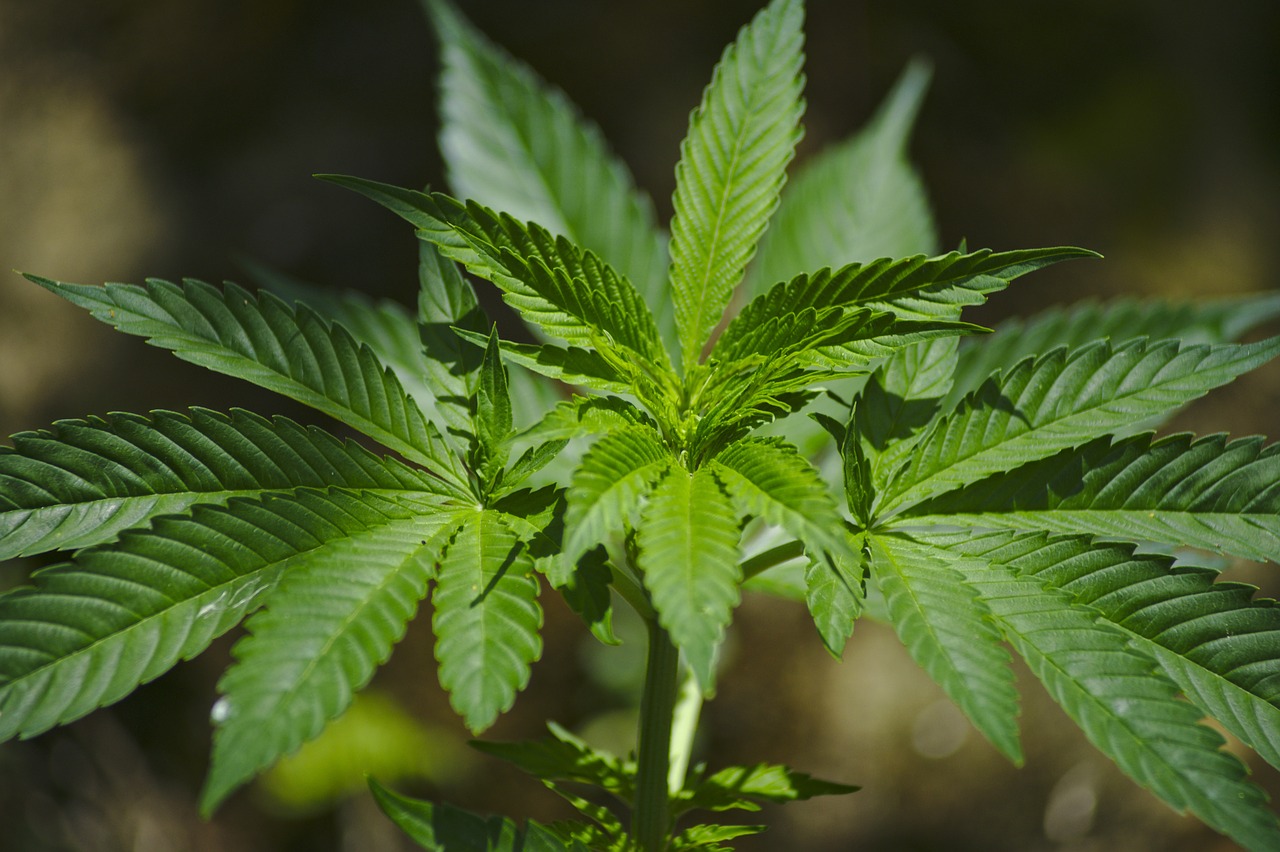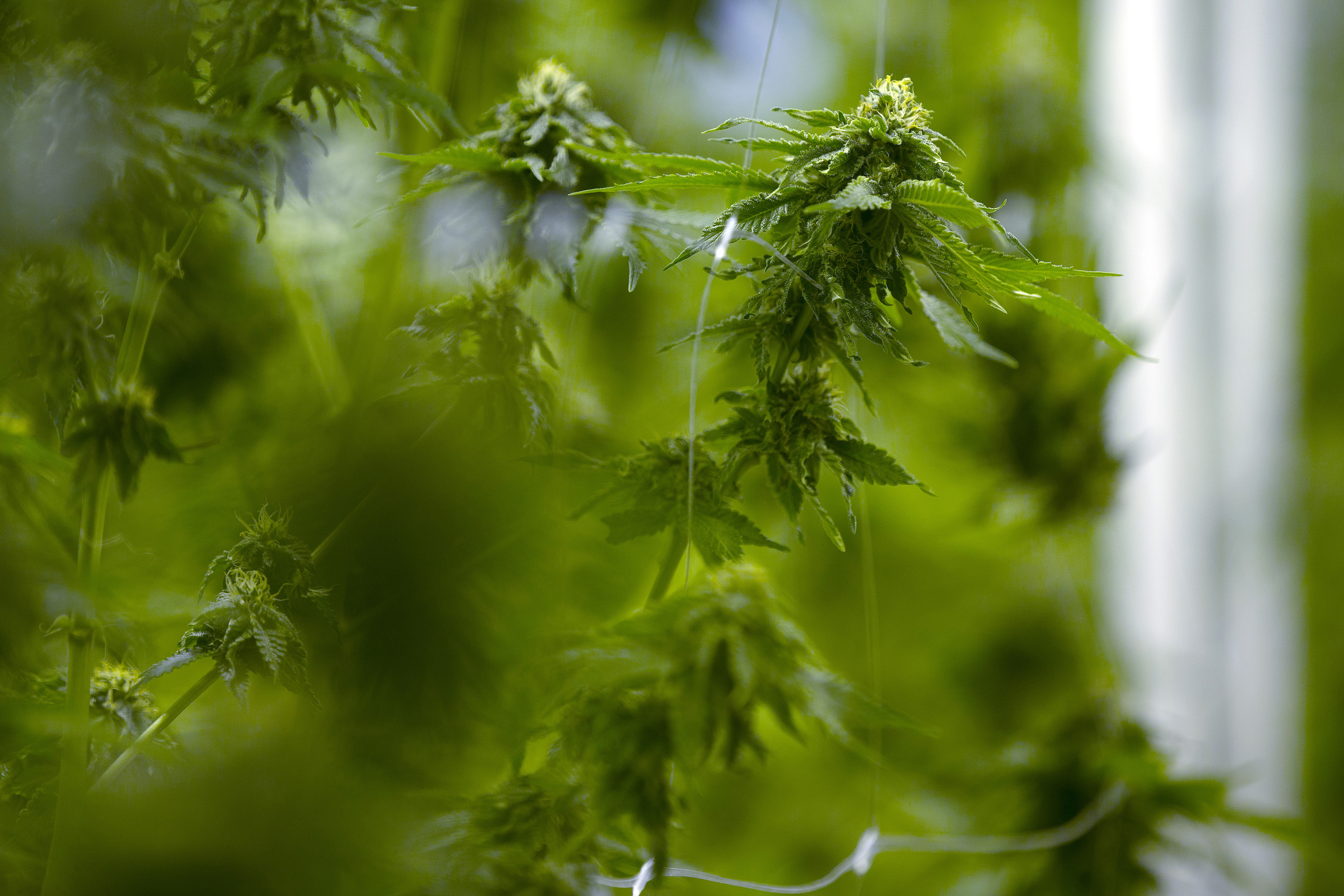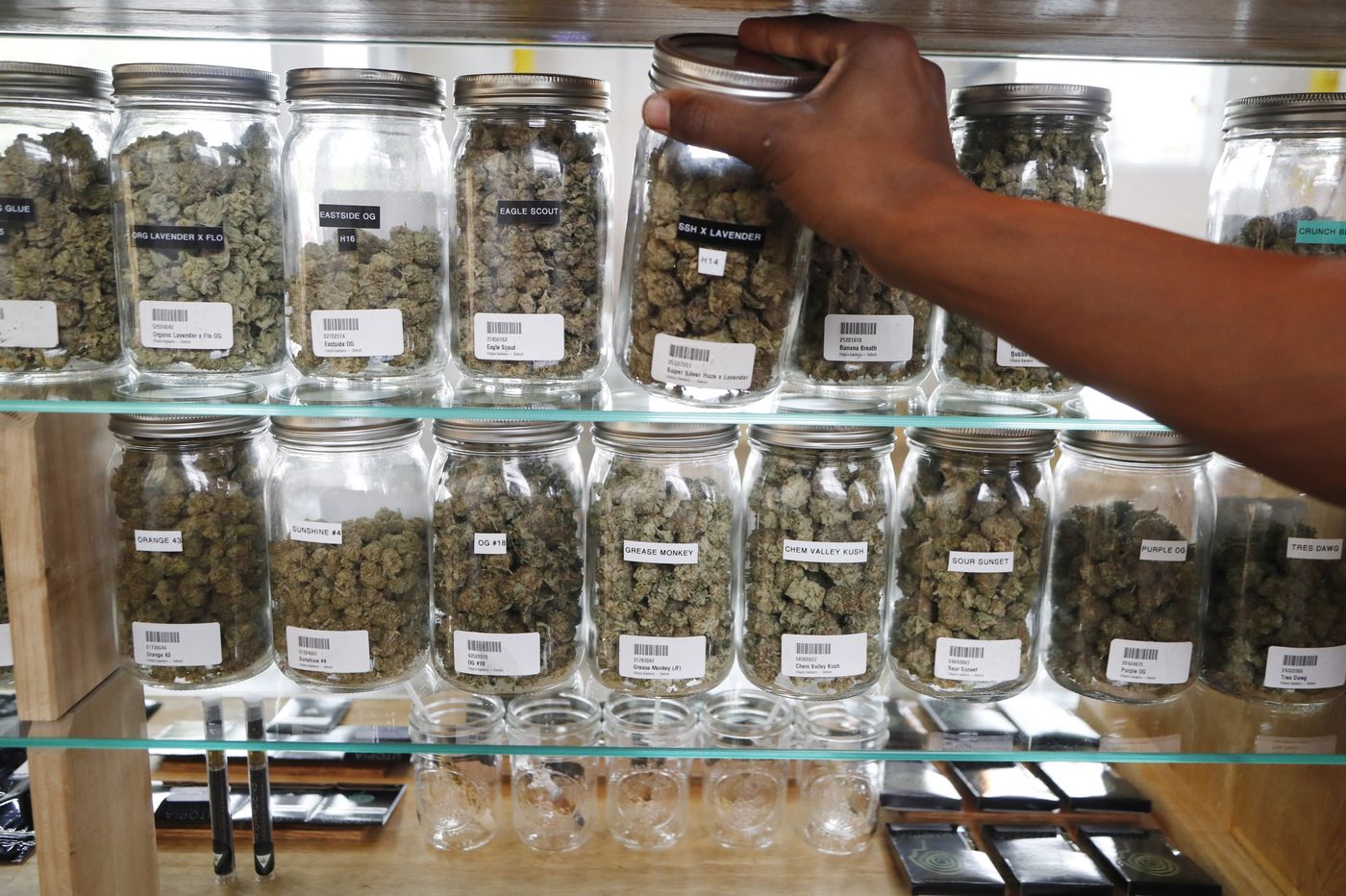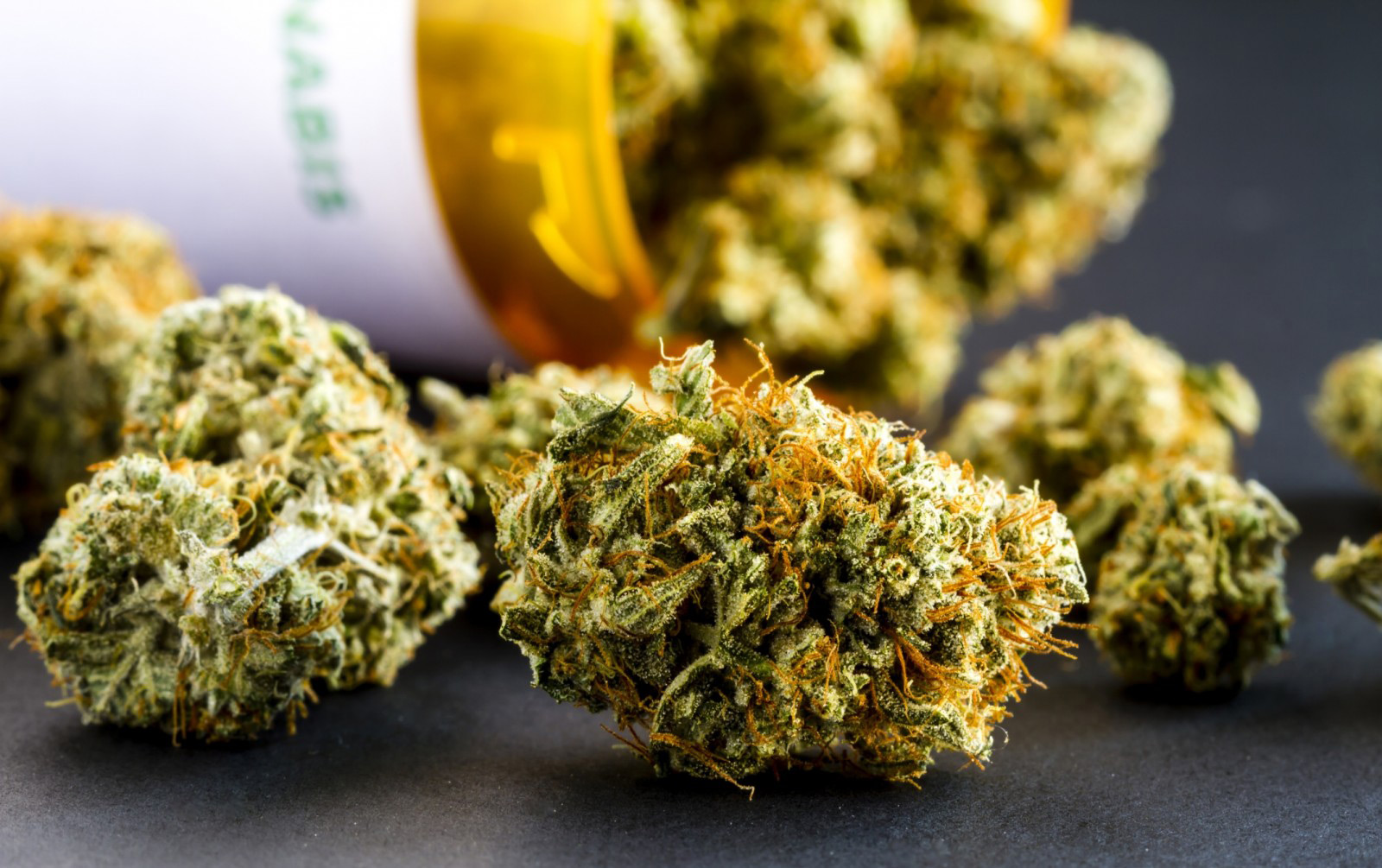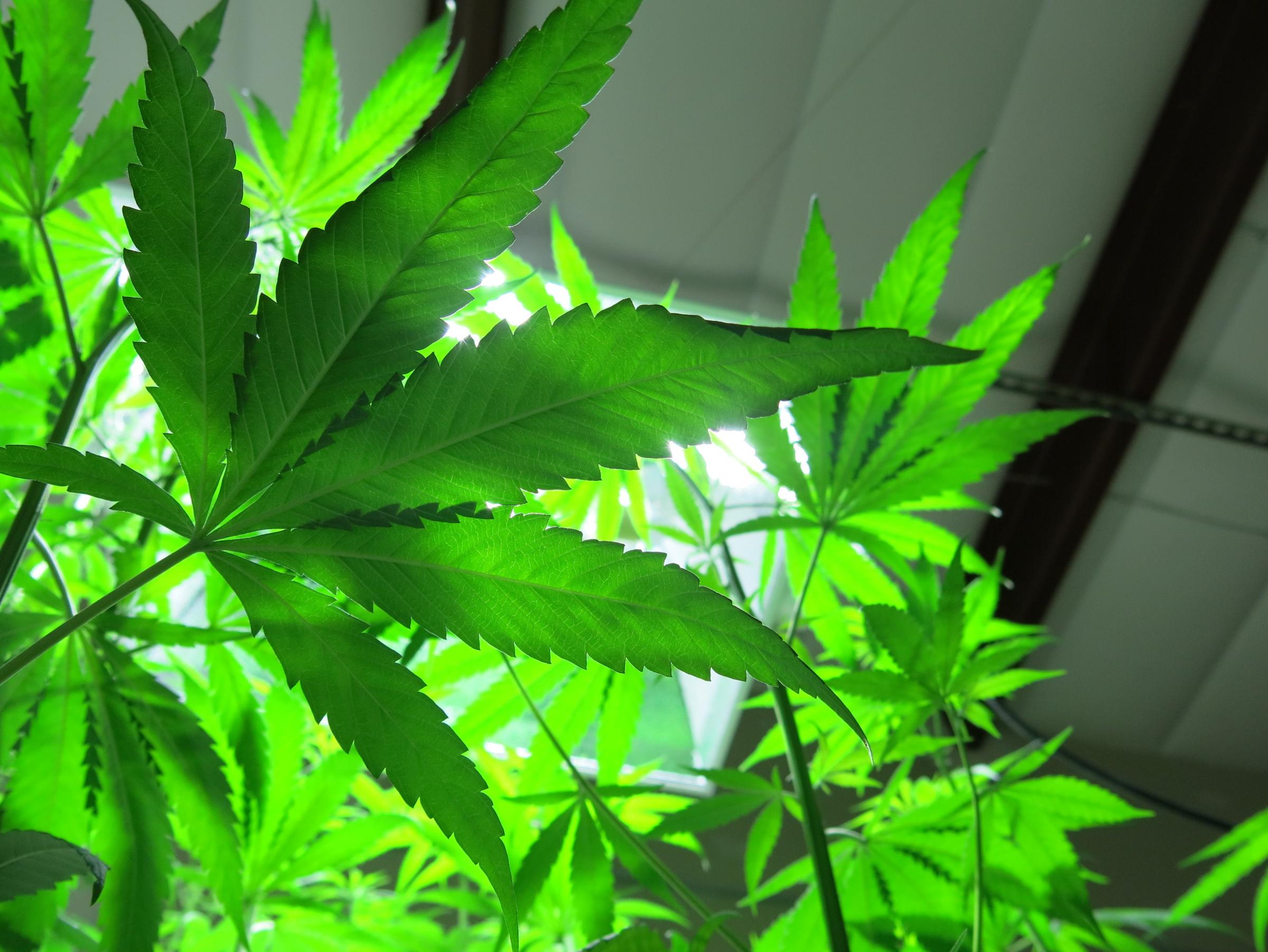As you well know, 30 states plus the District of Columbia allow the use of medical marijuana, and several other states are currently considering similar legislation. It’s time we start to address this issue on the federal level.
We are urging Cory Gardner to become a cosponsor of the Compassionate Access, Research Expansion, and Respect States Act (CARERS). If passed by Congress, the CARERS Act would allow qualified patients, doctors, and marijuana-related businesses to engage in state-sanctioned behavior involving the production, sale, or use of medical marijuana without fear of federal prosecution and would codify the patchwork of Justice Department memos that currently dictates federal marijuana policy.
Cory Gardner should protect citizens who engage in legal activities in Colorado. Enter your information below to urge him to co-sponsor the CARERS Act.
NORML
Posts by 'NORML'
Update: HB 2200 was left in committee and will recieve no further consideration.
Update: After hearing testimony late Monday 4/24, the House Criminal Jurisprudence Committee took no action on HB 2200.
HB 2200, will provide an affirmative defense regarding medical cannabis that would protect patients, caregivers, and doctors.
Affirmative defense establishes a basic set of facts surrounding marijuana possession cases. If someone with a qualifying medical condition is caught possessing marijuana, an affirmative defense for the individual would likely result in a more lenient punishment.
This bill would not legalize medical marijuana nor create safe access but would allow for patients to defend themselves if arrested with their medicine and would allow for doctors to freely discuss cannabis options with their patients without fear of losing their licenses. The bill will be considered by the Criminal Jurisprudence Committee on April 24th.
It’s time Texas provided some protection for its citizens suffering from chronic diseases.
Enter your information below and urge your Representative to vote for HB 2200.
For more information, visit https://www.texasnorml.org/
Louisiana: Governor Signs Bill to Provide Explicit Legal Protections for Medical Cannabis Recipients
Update: The Governor signed SB 35 on June 22 and it goes into effect immediately.
Update: House members amended and passed SB 35 by a vote of 74 to 21 on June 5. Senate members approved the House changes on June 6. The reconciled bill will be transmitted to the Governor imminently.
Update: SB 35 was passed on the floor by a 26 to 10 vote.
SB 35, introduced by Sen. Yvonne Colomb, provides explicit exemptions from arrest and prosecution for persons lawfully in possession of medical marijuana.
Presently, state regulators are finalizing rules and regulations governing its nascent medical cannabis program, which seeks to permit the production, dispensing, and use of non-herbal preparations of cannabis for qualified patients. Passage of SB 36 amends various criminal statutes to assure that those involved in the program are not inadvertently subject to criminal liability.
Specifically, it provides immunity from arrest for those enrolled in the program who engage in activities related to the purchase or transportation of medical marijuana related products or paraphernalia. It provides further legal protections for pharmacies, producers, and testing laboratories engaged in medical cannabis related activities.
Enter your information below to contact your elected officials in support of this effort.
Governor Scott Walker has signed legislation, Senate Bill 10, amending the state’s CBD exemption law.
The state’s CBD law, first signed in 2014, provided a legal exemption for the use of non-spycoactive CBD products by patients with seizure disorders. The new law exempts the use of non-psychoactive CBD products for any “medical condition” for which a physician recommends it.
Senate Bill 10 neither provides for an in-state supply source for CBD, nor does it establish a regulated distribution system for CBD-specfic products.
Update: Tom Marino is no longer being considered for the position of Drug Czar.
The Trump Administration is widely expected to pick Representative Tom Marino for Drug Czar.
The Trump administration promised to eliminate bureaucratic waste. It should start by eliminating the office of the Drug Czar.
The White House Drug Czar is required, by statute, “to oppose any attempt to legalize the use of a substance that is listed in Schedule I” and to “ensure that no Federal funds … shall be expended for any study or contract relating to the legalization (for a medical use or any other use) of a substance listed in Schedule I.” This narrow-minded, Flat Earth mentality refuses to acknowledge the reality that the majority of the country is now authorized to engage in the use of medical cannabis and it mandates that US drug policy be dictated by rhetoric and ideology rather than by science and evidence.
NORML opposes Marino’s appointment to Drug Czar and we further call for this anti-science position to be abolished entirely.
The Drug Czar’s office is a remnant of a bygone era when US drug policy was framed as a ‘war’ fueled largely by rhetoric and ideology. In 2017 we can do better and we must. The majority of Americans view drug abuse as a public health issue, they favor regulating cannabis as opposed to criminalizing it, and they are demanding policy changes based on facts.
Tell President Trump: There is no place for ‘Czars’ in today’s American government, particularly those who still cling to the outdated and failed drug war policies and misplaced ideologies of the past.
Update: House and Senate members failed to reconcile Amendment 2 implementation prior to the close of the 2017 legislative session. It will now be up to the Florida Department of Health to produce rules and regulations for the voter-initiated program. It is anticipated that the Department’s rules may be overly restrictive and will likely be challenged in court. Rules for the program must be in place by July.
Update: Senate members voted 31 to 7 in favor of a slightly amended version of the House bill. The measure now returns to the House for a confirmation vote. Backers of Amendment 2 have threatened to take legal action if the reconciled legislation keeps in place an existing ban on smoked cannabis.
Update: House members approved an amended version of HB 1397 by a vote of 105 to 9. As amended, the bill permits for edible formulations of cannabis and eases restrictions on vaporization. Patients would need to renew their physician’s recommendation every seven months as opposed to every 90 days. It also permits lawmakers to expand the number of state licensed dispensaries to 17 by July 1, 2018.
Update: The Florida House of Representatives further amended HB 1397 to be less restrictive and more in line with the Senate’s legislation. Final votes are expected this week
Update: Members of the Senate Appropriations Committee approved SB 406 on April 25.
Update: Members of the House Health & Human Services committee passed a committee substitute version of HB 1397 on April 24. The bill now awaits action from the full House. Efforts to reconcile the House bill with Senate Bill 406, a broader implementation bill, have so far not been successful.
Update: Members of the Senate Appropriations Subcommittee on Health and Human Services passed SB 406 on April 18.
Update: Members of the House Appropriations Committee passed HB 1397 on April 18.
On November 8th, more than 71 percent of Florida voters decided in favor of the constitutional amendment, Amendment 2, to allow for the licensed production, use, and dispensing of medical cannabis to patients with a doctor’s recommendation. However, state politicians are contemplating legislative efforts to amend the law in a manner that violates both its spirit and intent.
For example, House Bill 1397 creates numerous unnecessary barriers for patients. It does not allow for edibles cannabis preparations and it outlaws the smoking of herbal cannabis. Vaporization is permitted but only for those who are diagnosed with a terminal illness. Rather, it mandates patients to use pills, tinctures, patches or suppositories — formulations that are arguably less effective than herbal cannabis. Physicians are also unduly restricted under this measure, as they can not recommend a patients’ medical use of cannabis for longer than a 45-day period, and it mandates a 90-day waiting period prior to issuing recommendations, even for terminal patients.
House Bill 1397 also keeps in place existing caps on the number of state-licensed growers and dispensers. These caps are arbitrary and will not enable providers to keep up with increasing demand.
A preferable legislative effort is Senate Bill 406. Unlike the dueling House measure, this proposal permits patients to access edible and herbal forms of cannabis, allows for patients to vaporize their medicine, allows out-of-state patients with valid medical cards to obtain medical marijuana, and does not exclude chronic pain patients from being eligible to obtain cannabis. It eliminates the 90-day waiting period for recommending physicians and also extends the time-table of doctors’ recommendations from 45 to 90 days. However, the Senate measure — like the House measure — initially caps the number of available providers and dispensers.
Although neither of these bills truly satisfies the true intent of Amendment 2, Florida NORML contends that Senate Bill 406 is preferable to the House bill. With amendments to both bills expected, we urge Floridians to support the Senate implementation bill and to continue to advocate for further amendments to expand patients’ access.
NORML of Florida, Central Florida NORML, Tallahassee NORML, NORML of Miami and Regulate Florida will be in Tallahassee April 18th and 19th to lobby for sensible implementation of Amendment 2. House and Senate hearings regarding both bills are scheduled for April 18 and public testimony will be permitted.
Enter your information below to send a message to your lawmakers to protect Amendment 2 and implement a robust medical marijuana program in the Sunshine State.
Update: The Governor signed this legislation on June 22nd.
Update: The Senate changes were approved by the House. HB 1488 now awaits the governor’s signature.
Legislation to expand Hawaii’s medical cannabis program has passed both legislative chambers.
The bill, HB 1488, has passed both the House and Senate. Senate changes to the bill must now be approved by members of the House before it can be sent to the Governor.
The bill expands the number of qualifying conditions eligible to receive cannabis therapy to include: lupus, epilepsy, multiple sclerosis, arthritis, and autism. It also permits patients’ caregivers to engage in medical cannabis cultivation, among other changes.
Full text of the measure is available here.
Update: Governor Holcolm signed HR 1148 into law on 4/26.
Update: Governor Erin Holcolm has stated publicly that he will sign HB 1148 into law.
Update: House Bill 1148 awaits action from the Governor. The finalized version of the bill establishes a patient registry permitting those with a physician’s diagnosis of intractable epilepsy to possess CBD formulations that possess at least five percent cannabidiol and no more than three-tenths percent THC.
House and Senate lawmakers have approved separate versions of legislation (House Bill 1148 and Senate Bill 15) to exempt criminal penalties for the possession of CBD extracts by qualified patients.
Both bills seek to exempt penalties for the use of CBD extracts by patients with treatment resistant epilepsy. The bills differ regarding whether or not the state ought to establish a patient registry and with regard to the percentage of CBD that must be present in order for the substance to qualify as exempt under state law.
Lawmakers rejected similar proposals in previous legislative sessions.
If enacted into law, 46 states will allow either the use of marijuana, cannabis-infused products, or CBD products.
Update: Gov. Nathan Deal signed into law Tuesday a measure that expands the state’s medical marijuana program.
Update: SB 16 has passed both legislative chambers and now awaits the signature or veto of Georgia Governor Nathan Deal. Should he fail to take action regarding the bill, SB 16 will become law absent his signature.
SB 16, a bill to expand Georgia’s CBD-exemption law is awaiting action from Gov. Nathan Deal.
The bill expands the qualifying pool of patients eligible to possess CBD extracts to include those with autism, epidermolysis bullosa, AIDS, Tourette’s Syndrome, severe peripheral neuropathy, or who are in hospice care. The law also exempts qualified patients registered to use CBD in other states.
The measure does not provide a regulated, in state supply source where patients may legally obtain CBD-oil formulations.
Update: HR 1820 has been referred to committee.
Representative Earl Blumenauer (D-OR), along with five co-sponsors, has reintroduced H.R. 1820, the Veterans Equal Access Act, which expands medical cannabis access to eligible military veterans.
Presently, V.A. doctors are forbidden from providing the paperwork necessary to complete a recommendation, thus forcing military veterans to seek the advice of a private, out-of-network physician. Passage of H.R. 1820 lifts this prohibition.
Last year, majorities in both the US House and Senate voted to include similar language as part of the Fiscal Year 2017 Military Construction, Veterans Affairs and Related Agencies Appropriations bill. However, Republicans sitting on the House Appropriations Committee elected to remove the language from the bill during a concurrence vote. Lawmakers must stop playing politics with veterans’ health and pass H.R. 1820.
Veterans are increasingly turning to medical cannabis as an effective alternative to opioids and other conventional medications. A retrospective review of patients’ symptoms published in 2014 in the Journal of Psychoactive Drugs reported a greater than 75 percent reduction CAPS (Clinician Administered Posttraumatic Scale) symptom scores following cannabis therapy.
Our veterans deserve the option to legally access a botanical product that is objectively safer than the litany of pharmaceutical drugs it could replace.
Enter your information below to urge your lawmakers to support H.R. 1820, the Veterans Equal Access Act.


